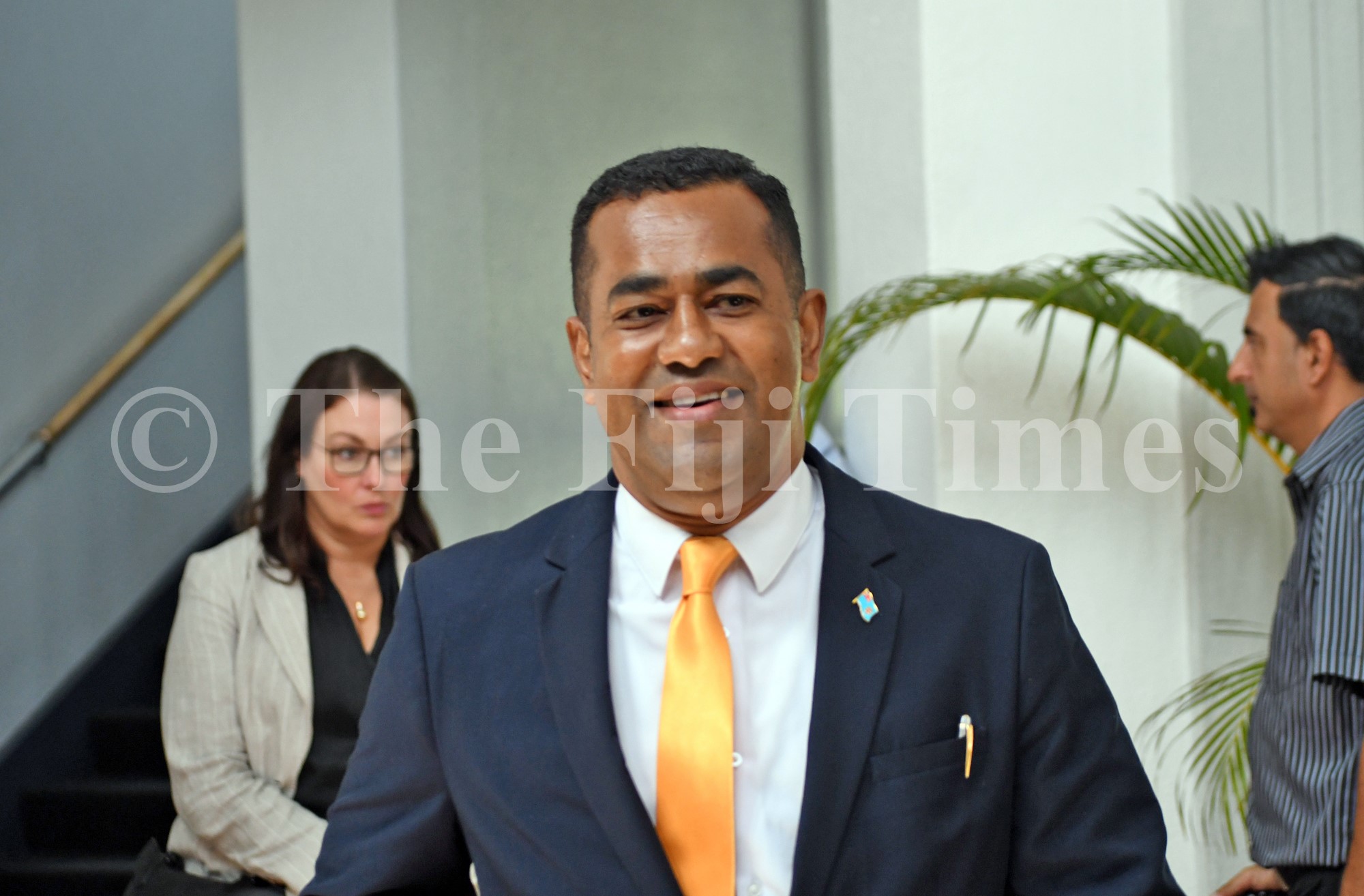WHAT is usually given to a foreign scientist has been handed to a Fijian.
Dr Sangeeta Mangubhai, an adjunct scientist with the New England Aquarium and Director of the Wildlife Conservation Society in Fiji will be leading an inter-disciplinary team of international scientists to study the impacts of El Nino on marine life in the remote Phoenix Islands Protected Area (PIPA) in the Republic of Kiribati.
The Phoenix Islands is one of the largest marine protected areas in the world, one of the deepest World Heritage Areas in the world and the largest marine conservation effort of its kind by a least developed country.
Dr Mangubhai said the study was important because they would document what coral reefs that were free from human impacts such as overfishing and pollution looked like, as well as studying how healthy reefs recovered from climate change impacts, such as coral bleaching.
“There are a few places in the world where we can study reefs that has not been impacted by people, where the whole ecosystem is healthy, intact and complete. We can use places like the Phoenix Islands as our baseline for what productive coral reefs should look like.
“We are also studying how well and quickly reefs recovered from a massive coral bleaching event in 2002-2003, if they are in a healthy state to begin with,” said Dr Mangubhai.
She hopes the research will be useful for understanding how to improve more degraded reefs systems in the Pacific.
While the PIPA also protects important seabird nesting grounds, along with plants of cultural value in Kiribati, Dr Mangubhai said the expedition would only be focused on what was under the water.
This is the second time for a Fijian to lead the expedition — the first being in 2012. However, this is her fifth research trip to PIPA.
“We will also be tagging turtles, sharks, manta rays and see their movements both within individual islands, and between the islands. In the case of the turtles, we will see how far these animals travel throughout the Pacific.” A report from the month- long expedition will then be submitted to the Kiribati government to support the management of the island group.
The expedition which is a partnership between the New England Aquarium and the Woods Hole Oceanographic Institute in Massachusetts cost over $US200,000 ($F430,939).
The team made up of 16 scientists from Fiji, Kiribati, and the US, will leave Samoa on September, 1.
A blog site has been set up to enable the public to learn about the findings of the expedition as it happens — pipa.neaq.org





